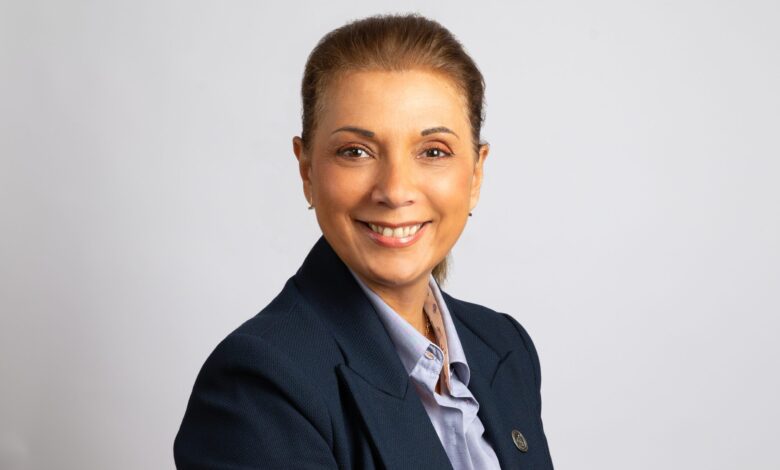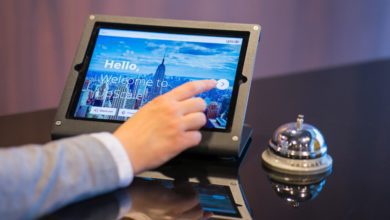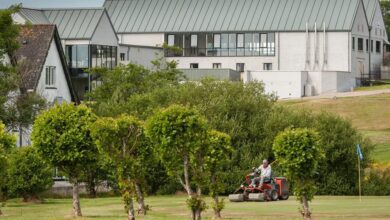Changing the language of recruitment helped find the workforce we were looking for
Imperial London Hotels were seeking to add more older workers to its workforce but were still struggling to reach the right candidates. That was until they looked more closely at the language they were using in their job adverts, writes Head of People and Development Sandra Nunes

There are many good reasons to having a diverse and multigenerational workforce. One good reason is that most businesses have a diverse and multigenerational customer base. Providing outstanding service that people will remember and return for sometimes depends on those little connections between staff and customers.
At Imperial London Hotels, we find that customers don’t mind who serves them to check-in. But if they want some information, we find that customers tend to look for someone who is more aligned with their age bracket.
Feeling a personal affinity or connection with a business, especially in hospitality, is key. And we know that our multigenerational workforce plays a key role in establishing that for us. Another good reason for having a multigenerational workforce is that means you can also choose from a multigenerational talent pool. This is particularly key at times of labour shortages.
Hospitality is no different from any other sector, we are all suffering a massive talent shortage.Some employers may have closed minds to what older workers can offer them. This is self-defeating thinking.
At times of labour and skills shortages, employers need to ensure that their recruitment processes and language are attracting the attention of all available talent out there. Having an intergenerational workforce is also key in helping to build up skills within a team. Workers with different experiences and skills have a lot to learn from each other.
In my teams, I witness younger workers gaining people and customer service skills, growing their ability to interact face-to-face, and building relationships face-to-face, rather than from behind a computer screen, through their interaction with older colleagues.
I also see older workers learning a greater appreciation of the need to establish a work-life balance that younger generations quite rightly demand. Working with younger colleagues can also be helpful for some older workers who might need more support to adapt to working with new technology.
Our multigeneration workforce learns and grows together. If employers want to reap all these benefits of a multigenerational workforce, it won’t happen without taking action.
At Imperial London Hotels, we made a conscious decision to build a multigenerational workforce. It was something we included in our company strategy.We wanted to recruit more older workers, but initially we were not successful in reaching out to the kind of candidates we had in mind.
And that’s why we became part of the Centre for Ageing Better’s Good Recruitment for Older Workers project which explores ways of reducing age bias and discrimination in the recruitment process.
It was through being part of the GROW project, that we found some of the answers about why our initial approach was not achieving results.
Thanks to the helpful research, which explored how the choice of language in recruitment material impacts older workers, I could see that the language and the tone of our job adverts were wrong. It was a way to see things with different lenses.
Having made the necessary changes to how we recruit, we are reaping the rewards in the quality of candidate we are attracting and appointing. The skills older workers bring to our organisation are crucial.
I think older workers like the strong family culture we have here at Imperial London Hotels.
We pride ourselves on being a family business which is steeped in history dating back through seventh generations and almost 200 years of history.But we know that being an age-friendly employer is about constant improvement and evolution.
Having taken steps to ensure we have a more age-friendly recruitment process, our next challenge is to adopt training practices, benefits, and company culture that appeal to the growing age diversity of our workforce.
We know that being part of the Age-friendly Employer Pledge network will help us to gain the learnings we need to make this next step and continue our growth and development as an employer.









